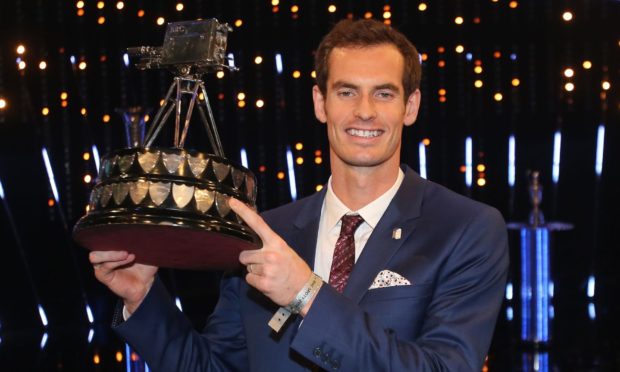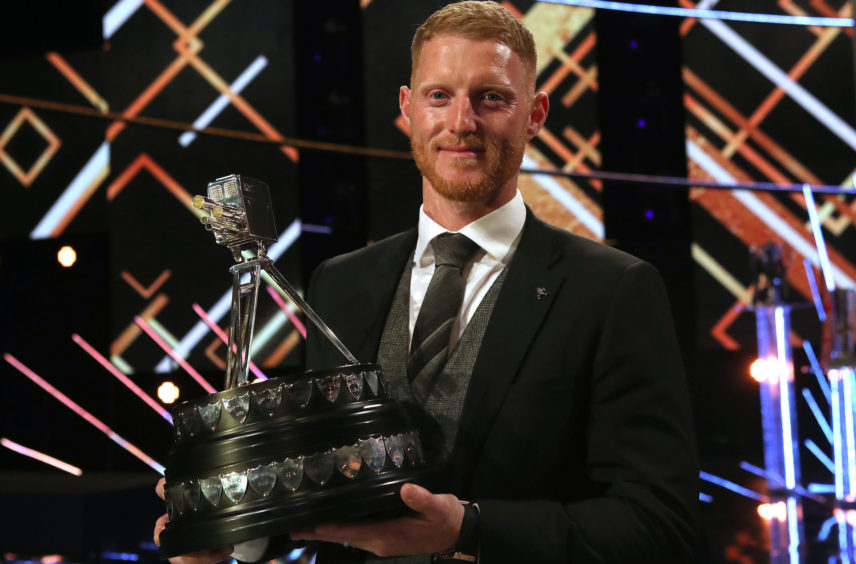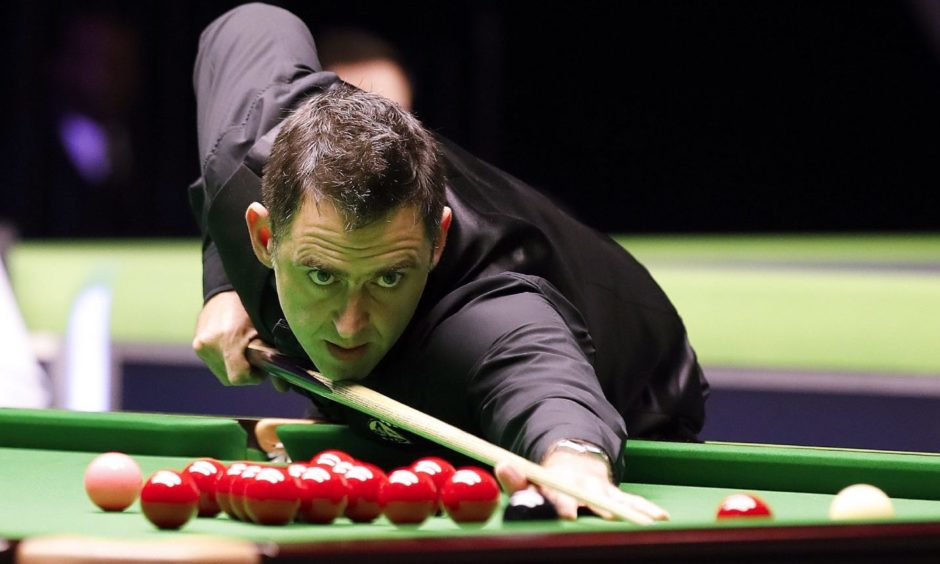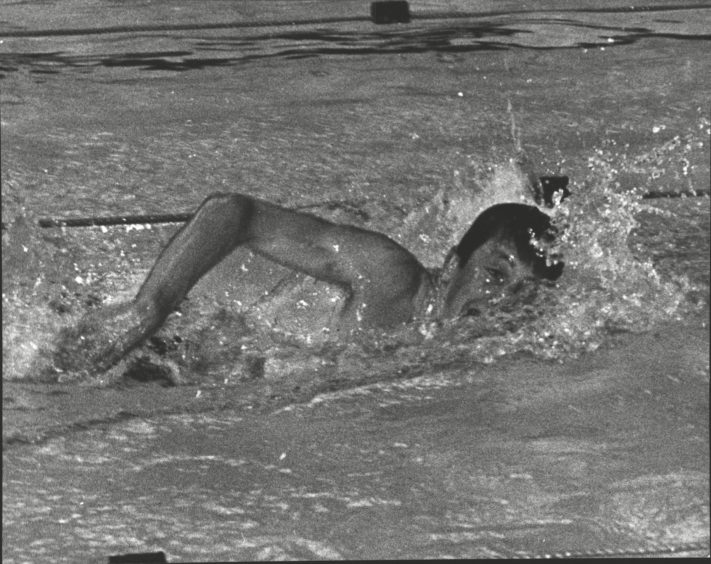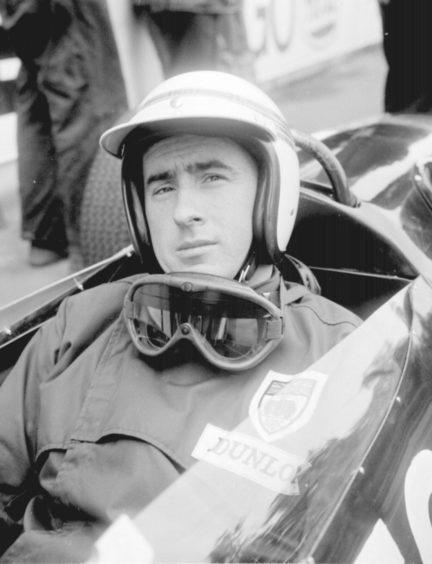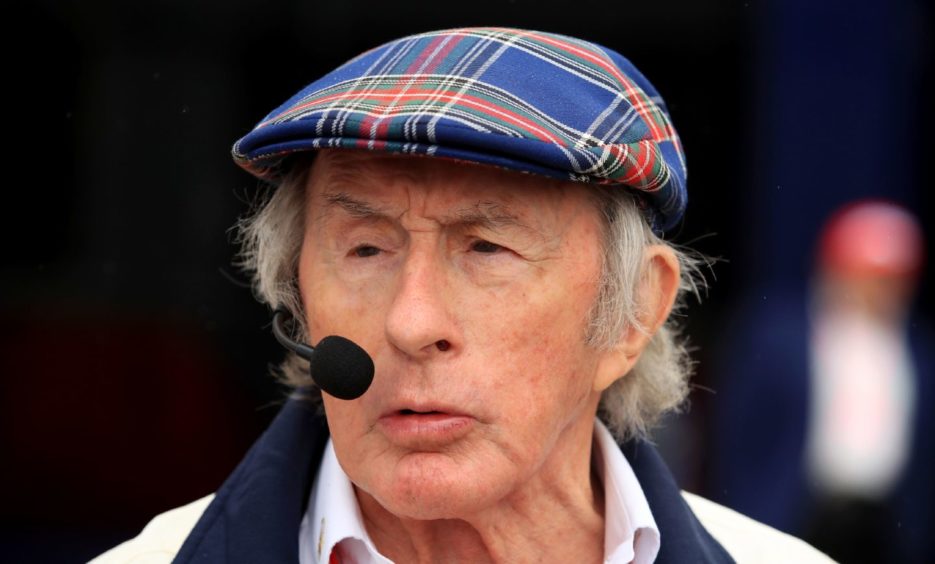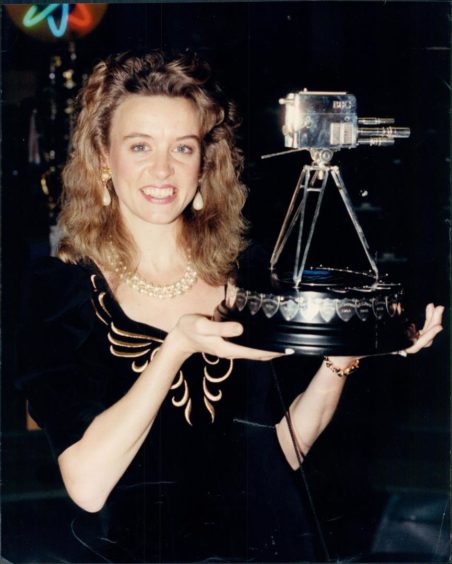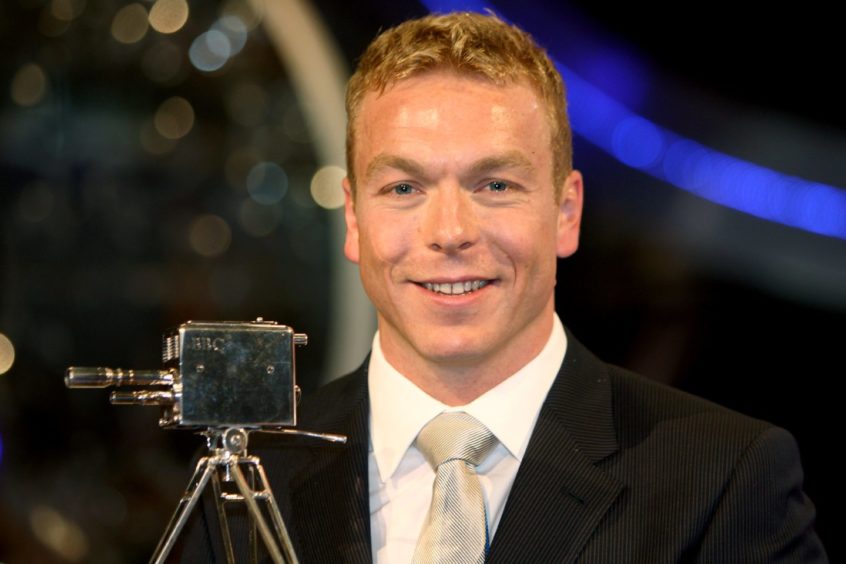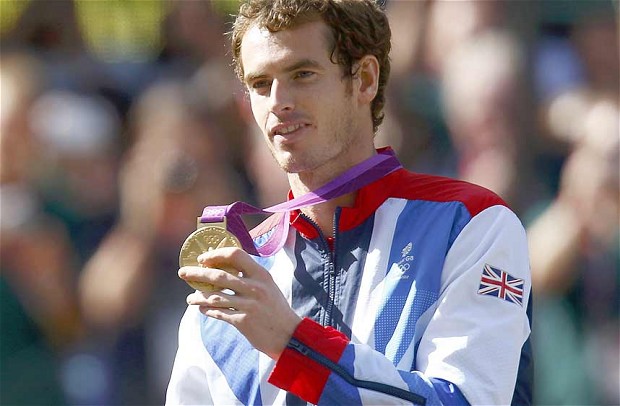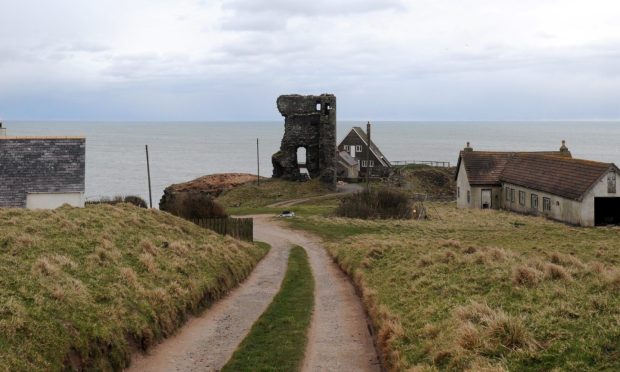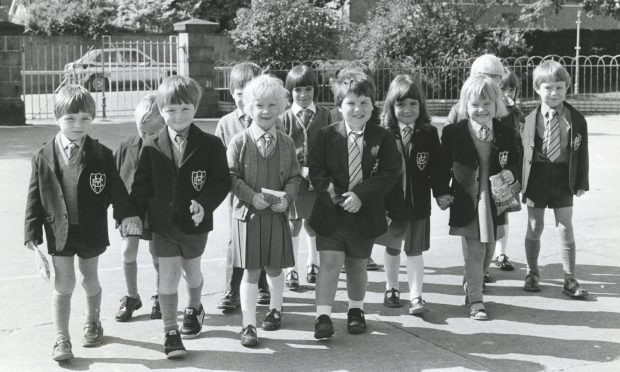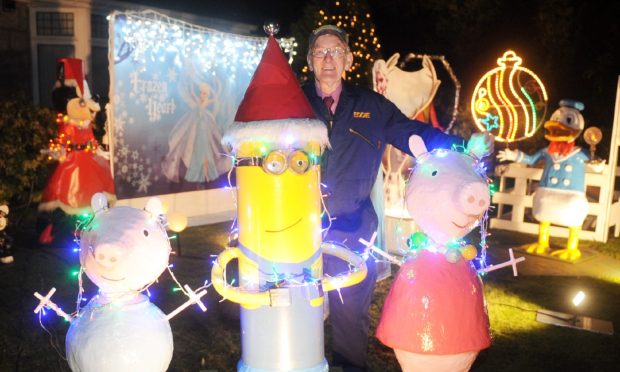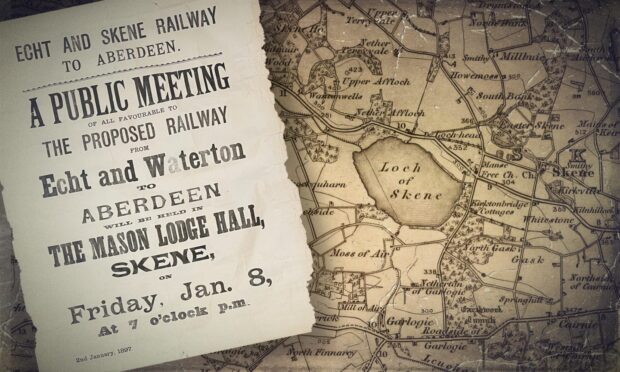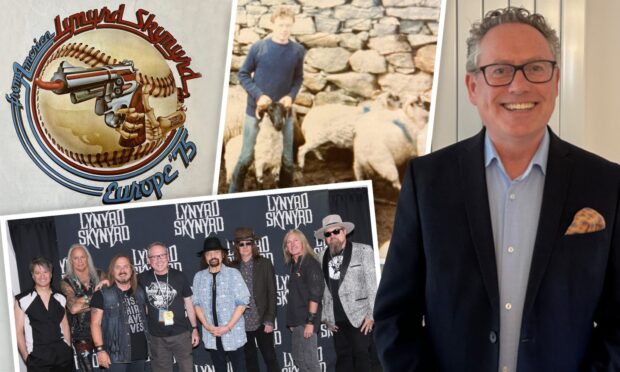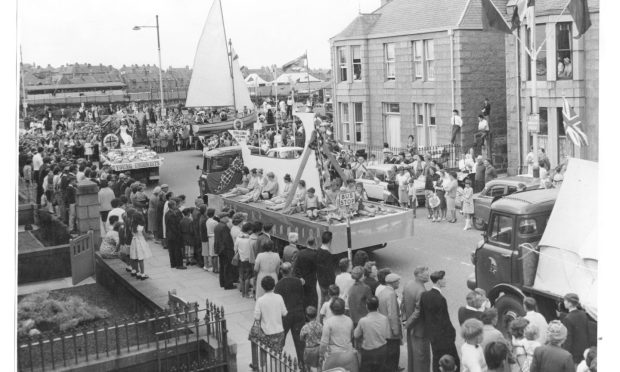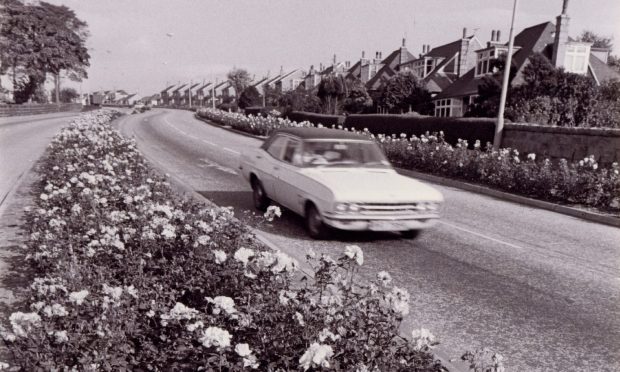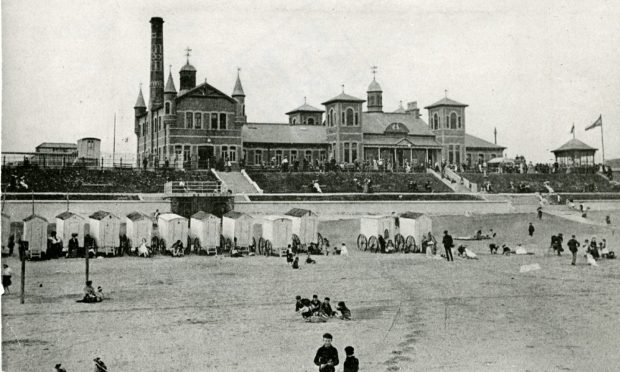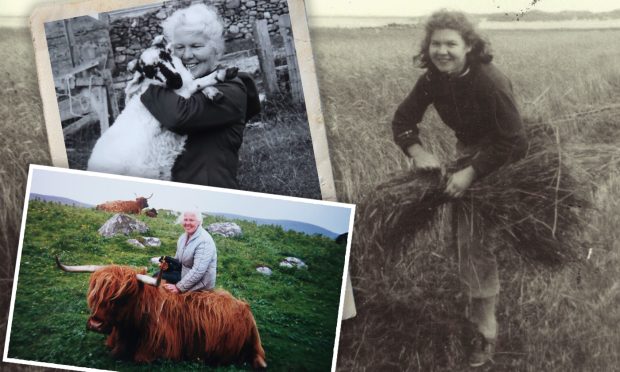They are five illustrious sports stars who have made their impression across the world in the last seven decades. But what links Aberdeen’s serried swimmer, Ian Black, Formula One luminary, Jackie Stewart, Dundee athletics legend Liz McColgan, cyclist extraordinaire, Chris Hoy, and tennis maestro, Andy Murray?
This quintet is part of a small but very exclusive club.
They are the only Scots who have secured the BBC Sports Personality of the Year award since the prize was launched by the corporation back in 1954.
Youngest winner
Mr Black, who was – and remains – the youngest-ever winner at just 17 in 1958, is probably the least-known of this stellar grouping, but he excelled in the pool with a clutch of terrific medal-winning performances which caught the public’s imagination.
And, when the BBC held the event at the P&J Live in the Granite City last winter, the 79-year-old stalwart was among those who watched England cricketer Ben Stokes receive the main prize, following his heroics in the World Cup and Ashes series.
Six of the best in 2020 contention
This year’s event, which takes place in Salford on December 20, has obviously been overshadowed by the Covid-19 pandemic, which has wiped out much of the sporting calendar, including the Tokyo Olympics and European Football Championships.
The nominees are cricketer Stuart Broad, jockey Hollie Doyle, boxer Tyson Fury – who has already urged his fans not to vote for him – Grand Prix world champion Lewis Hamilton, footballer Jordan Henderson and snooker maverick Ronnie O’Sullivan.
It’s difficult to look beyond Hamilton, who has made history in the pit and paddock throughout the truncated F1 season, although I loved the fashion in which O’Sullivan surged to another world title in his own irrepressible fashion without bothering about the niceties and platitudinous pap trotted out by so many of his contemporaries.
There are no Scots on the list – although a decent argument could be made for Andy Robertson, who helped Liverpool win their first English Premiership title in 30 years and was an integral part of the first Scottish men’s team to qualify for a major football tournament in the 21st century.
But let’s take a look at the five Scots who have received the BBC accolade and try to work out who is the greatest of them all?
I have had the privilege to meet and talk to all of them at some stage of their lives and they possess one singular quality: they are champions in their domain.
1958: Toasting the talent of the Human Torpedo
Ian Black was just a teenager when he received the coveted silver trophy in 1958, finishing in front of football star Bobby Charlton and Formula One stalwart Stirling Moss; an outcome which he described to the audience as “most unexpected”.
As his country’s inaugural winner, he stepped on to the stage at the Grosvenor Hotel in London to the strains of Scotland the Brave.
Reflecting on his success 61 years later, Mr Black said it was particularly gratifying that the public had chosen the winner and added: “To be held in the affection of the Scottish people, even for a while, is something to celebrate.”
Yet, while he has always been modest about his accomplishments, it really was an annus mirabilis for the talented Scottish competitor nicknamed The Human Torpedo.
In 1958, he secured gold medals in the 400m, 1,500m freestyle and 200m butterfly at the European Championships and another three medals – including gold in the 220-yard butterfly – at the British Empire and Commonwealth Games.
The youngster, who wore a MacGregor tartan dressing gown poolside, said simply: “You could say that I had a golden patch – six months in which everything happened.”
He was expected to win gold at the Rome Olympics in 1960, but his preparation was compromised by a lack of access to training facilities in Aberdeen.
Instead, he was forced to endure freezing water at Stonehaven’s outdoor facility and even travelled to Guernsey to use a tidal pool carved out of the coastal rock; a reminder that this was another time, a world removed from the current situation where modern participants in the north east have access to the Aberdeen Aquatics Centre.
1973: Jackie Stewart was a pocket-sized dynamo
There aren’t many Scots who have achieved more in their life than the little fellow from Dumbarton – yet he grew up worried that he was “thick”, because he had dyslexia.
However, his travails at school inspired him to great things in the world of motorsport and instilled a campaigning drive in his breast even when he wasn’t in a racing car.
The Flying Scot competed in Formula One between 1965 and 1973 and won three World Drivers’ Championships, while twice finishing as runner-up over those nine seasons.
He may have lacked the spontaneous gifts of his compatriot Jim Clark – and he acknowleded as much – but the beetle-browed, relentlessly competitive Stewart is regarded by many pundits as one of the greatest drivers in history.
Outside the F1 milieu, he narrowly missed out on victory at his first attempt at the Indianapolis 500 in 1966, and competed in the Can-Am series in 1970 and 1971.
Mr Stewart has been instrumental in improving the safety of motor racing, campaigning for better medical facilities and track improvements at circuits and while he and his family have had to deal with cancer in different generations of their family, this tireless individual is now working hard to raise funds for dementia research.
I’ve never forgotten him telling me how he looked round the grid at the start of a new season and realised that a third of his former rivals from just a couple of years earlier were no longer alive: the victims of a sport which was often incredibly dangerous 50 years ago. That was when he decided enough was enough.
1991: Liz ran her heart out at the World Championships
There has never been any doubting the energy, enterprise or enthusiasm of the Dundee Hawkhill Harrier Liz McColgan, who has made an enduring impression on athletics.
From the early years, this indefatigable character was pounding the streets in the 1970s and 1980s, pushing her body through the wringer.
Nor did she cease later on in her career, when she got back on a treadmill just a few weeks after giving birth.
Nobody who witnessed it will ever forget the remarkable fashion in which she surged to the gold medal in the 10,000m at the 1991 World Championships in Tokyo.
She’s one of a kind in Scotland
It was a lung-bursting effort, which propelled her far ahead of the rest of the field and her joy, as she broke the tape, was utterly infectious: so much so that she won the BBC Sports Personality prize and remains the sole Scotswoman to have done so.
She was also a two-time gold medallist over the distance at the Commonwealth Games, as well as winning the 1992 World Half Marathon Championships, the 1991 New York City Marathon, the 1992 Tokyo Marathon and the 1996 London Marathon.
Since retirement, Ms McColgan has campaigned passionately for tougher sanctions against drug cheats. If the authorities had acted sooner to tackle the blight, she might well have triumphed at the 1992 Olympics in Barcelona.
But her daughter, Eilish, is doing an excellent job of carrying on the torch.
2008: The young man of Hoy shows his mettle on the pedal
Ever since I started watching Chris Hoy train in rain, wind or snow at Meadowbank in Edinburgh or at the velodrome in Manchester, it was evident this tenacious Scot possessed the attitude that challenges were there to be savoured and enjoyed.
The statistics speak for themselves: the Edinburgh man was a world champion 11 times and an Olympic gold medallist on half-a-dozen occasions.
Three of these successes came at the 2008 Games in Beijing, where Mr Hoy became Scotland’s most successful Olympian, the first British athlete to win a hat-trick of gold medals in a single Olympics since Henry Taylor in 1908.
But it wasn’t simply the barnstorming fashion in which he pocketed a further brace of gold medals – in the keirin and the team sprint – at the 2012 Olympics in London, which are sufficiently memorable to stir the blood.
Instead, it was the astonishing sangfroid which he demonstrated as he watched his opponents set new personal bests during the men’s individual sprint event in China.
Other performers might have been daunted by the quality of those who had gone before him, but not this man. Cometh the hour, he absolutely powered out of the blocks and blew away everything which had happened in the previous hour.
It was magical and mesmerising and it showed the qualities of a truly great competitor.
2013, 2015, 2016: Andy Murray’s a three-time winner
It’s one of the great sports stories of this or any other generation: the manner in which Andy Murray defied decades of British tennis under-achievement to become a Grand Slam winner and one of the greatest players in the world.
He didn’t have anybody else to look up to, but his mother Judy helped inspire him and older brother Jamie to the stage where they became a one-family Davis Cup team.
And, in his own right, the honours and accolades stacked up for the Dunblane man. Three major titles, two of them at Wimbledon, and the other in New York. A brace of Olympic gold medals. A litany of ATP Tour triumphs, allied to Davis Cup success…all of it executed in a trailblazing fashion which we had never witnessed from a Scot.
Even as a youngster, when he moved to Barcelona at age of 15 to train at the Sánchez-Casal Academy, the teenager showed he wasn’t content to be a big fish in a small pond.
He made his Grand Slam breakthrough in 2012 by defeating Novak Djokovic to win the US Open. With this prize, he became the first British male champion since Fred Perry in 1936. And that was just the start of a glorious career.
No wonder he has been voted the BBC Sports Personality three times. That is just another bauble for a man who has collected them with a Buntersque appetite.
Who is your choice?
We have listed all the Scottish winners of the BBC award. But who is you own favourite? And why? We would love to hear your views at Neil.Drysdale@ajl.co.uk
